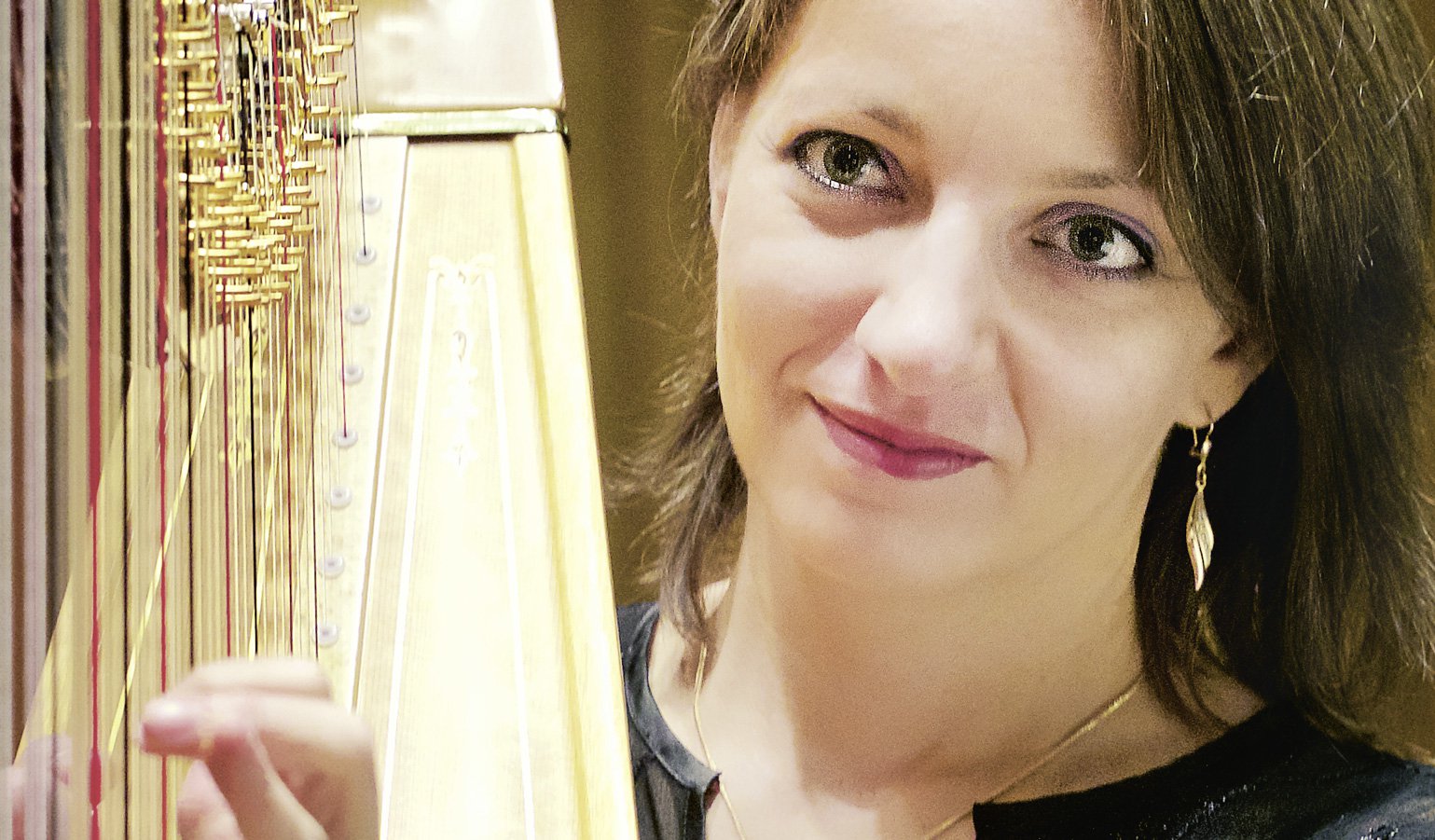
Concertino: Vivaldi, Handel, Bach, Mozart
Pilz, Gálfi, Juhász, Pivon, Á. Polónyi
Program
Antonio Vivaldi (→ bio):
Concerto in G minor for two violins, cello and strings, RV 578
George Frideric Handel (→ bio):
Concerto Grosso in D major, HWV 323
Johann Sebastian Bach (→ bio):
Brandenburg Concerto No. 6 in B-flat major, BWV 1051
INTERVAL
Wolfgang Amadeus Mozart (→ bio):
Symphony No. 4 in D major, K. 19
Concerto in C major for flute, harp and orchestra, K. 299
Featuring
Concertmaster
- János Pilz (violin)
With
- Csaba Gálfi (viola)
- Barna Juhász (viola)
- Gabriella Pivon (flute)
- Ágnes Polónyi (harp)
Other information
The event is about 2.5 hours long.
View the program bookletAbout the event
The Budapest Festival Orchestra abounds in musicians capable of outstanding performances also as soloists. Meet them at our Concertino series that continues this season as well.
The first half of the evening will feature three Baroque concerti grossi – works in which a smaller ensemble engages in musical dialogue with a larger group. Antonio Vivaldi published twelve concertos under the title L’estro armonico (The Harmonic Inspiration) in 1711. According to the Venetian traditions, the Concerto in G minor should have three movements, but in this case the opening slow introduction has grown into an independent movement. Handel’s Op. 6 set of Concerti grossi also includes a dozen works. The composer borrowed liberally from his peers as well as from himself, producing the kind of kaleidoscopic style one also experiences in this Concerto in D major.
Bach’s Brandenburg Concerto No. 6 is unique in that it employs only low pitched string instruments. In fact, the viola da gamba, generally used to play the melody, is here relegated to a simple accompanying part, while the typically restrained viola is this time promoted to a leading role. Some scholars suggest that the piece represents Bach’s critique of the social order.
Following the intermission, the spotlight will be on Mozart, who was on a concert tour of Europe with his father and sister when he wrote his first symphonies. Just nine years old, the composer genius met Johann Christian Bach in England; the latter’s impact can clearly be detected in his works from this period. Mozart was 22 years old when he wrote the work that concudes today’s concert. The double concerto was commissioned in Paris by a flautist prince and his daughter, a harpist; this combination of instruments, as well as the fragile lyricism of the work, makes it unique in Mozart’s oeuvre, despite the fact that he is said to have disliked both instruments.